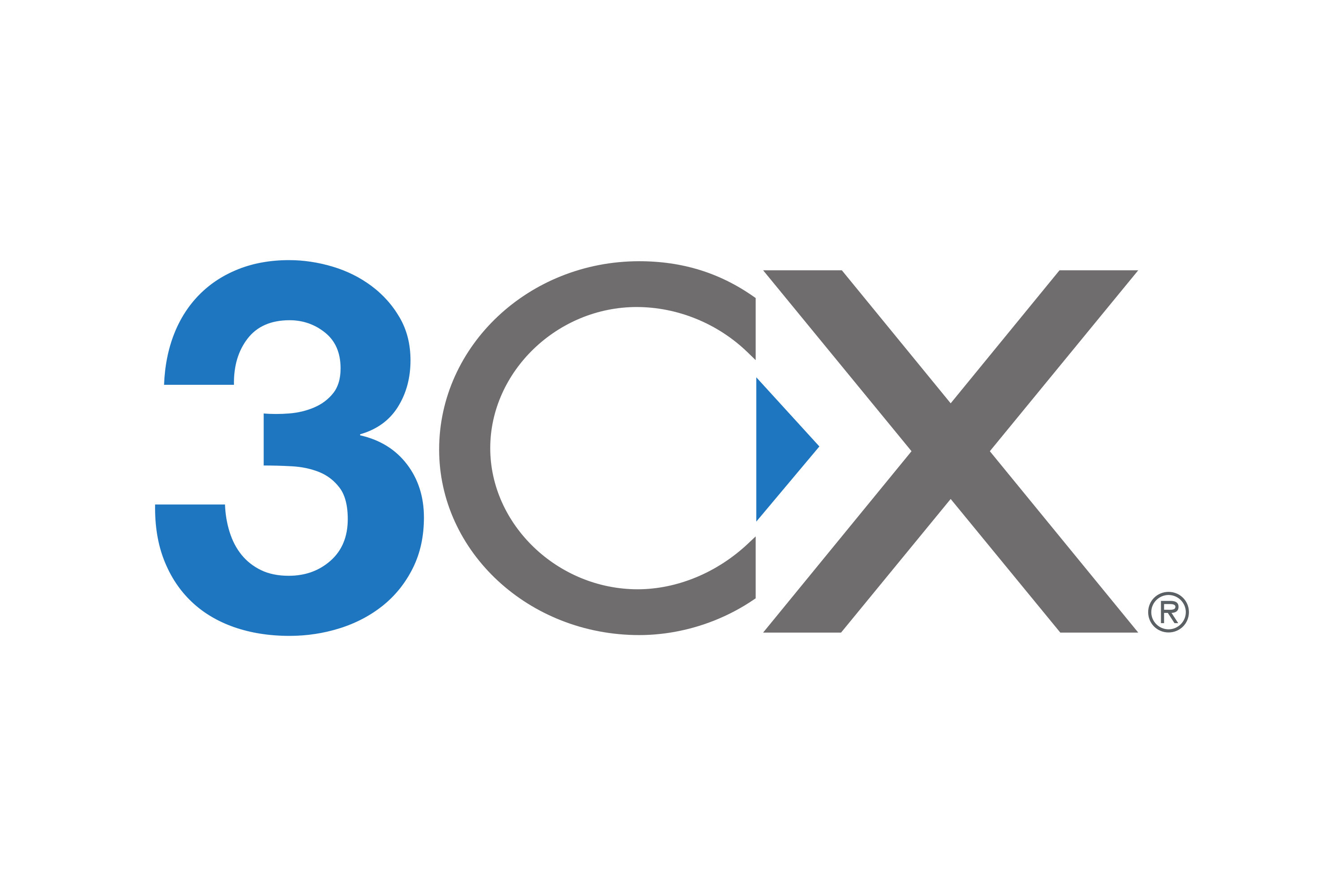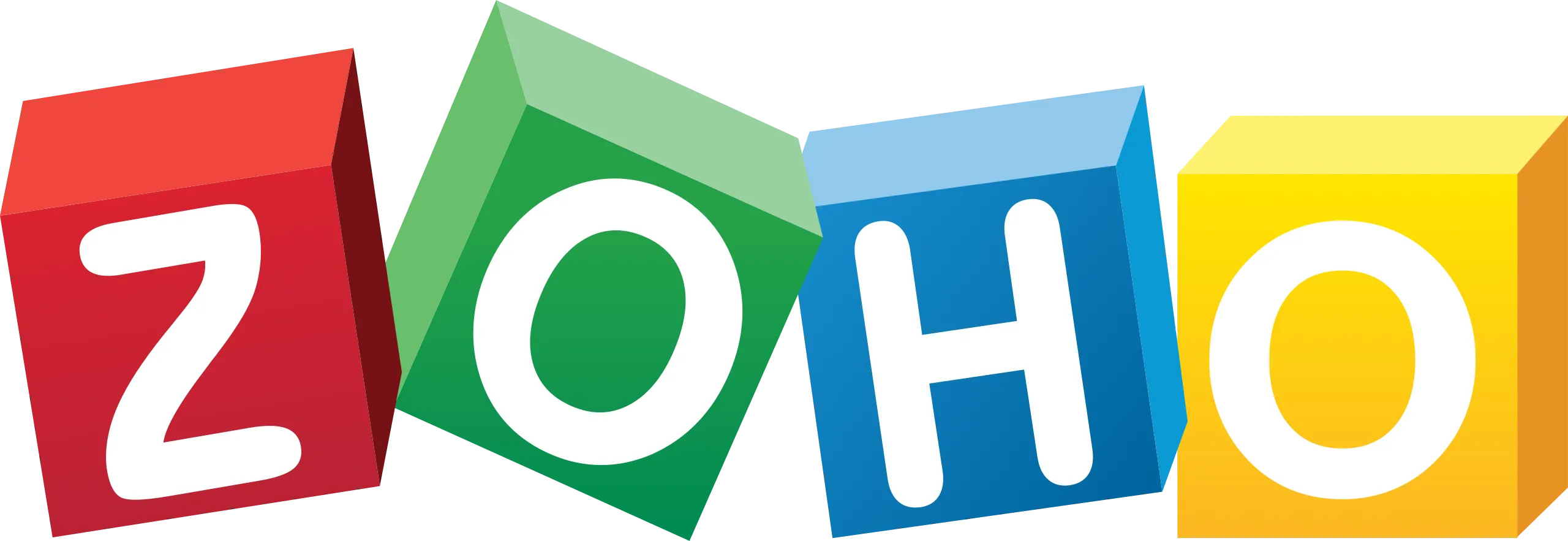We use cookies to personalize content, provide social media features and analyze traffic. You can get more information by visiting our cookie policy. You can configure cookies without accepting them by clicking hither.
These are the best web-based call center software solutions:
- Harmonix
- Aircall
- RingCentral MVP
- CloudTalk
- Zendesk Talk
- Freshdesk Contact Center
- 3CX
- Talkdesk
- Zoho Voice
- JustCall
- Dialpad
- CloudCall
Web-based call center software is transforming how businesses manage phone interactions.
Unlike traditional systems, these platforms allow agents to work from anywhere with an internet connection.
A web-based call center focuses on handling inbound and outbound calls without the need for physical hardware. However, not all of them offer multichannel features like WhatsApp or email, as their core goal is to streamline voice operations.
Thanks to automation and artificial intelligence, these systems improve operational efficiency, lower costs, and provide more control over customer service quality.
In this article, we’ll break down the available options, their benefits, key features, and how to choose the best fit for your business.
The 11 best Web-Based Call Center Software: A Comparison
Increasingly, businesses are opting for web-based call center solutions.
Why? Because they eliminate the need for complex software installations, work directly from any browser, and allow customer support management from anywhere in the world.
Here's a selection of the best web-based solutions on the market, with their main advantages and the types of companies they are designed for.
Bonus: Harmonix – Enhance Any Web Call Solution with AI and Automation

Harmonix doesn't replace your web call system; it takes it to the next level. It installs within your CRM and connects with tools to centralize all communication channels.
What Does Harmonix Add?
- True Omnichannel: Calls, WhatsApp, emails, video calls, all in one place.
- Automatic Interaction Logging: No need to leave the browser.
- AI to Generate Summaries, Suggest Next Steps, and Automate Follow-ups.
- Compliance and Security: ISO 27001, GDPR, CCPA certified.
Best For:
Companies looking to turn their web call software into a truly intelligent, automated, and productive solution.
1. Aircall

One of the most popular solutions among startups and sales teams. 100% web-based and ready to use in minutes.
Advantages:
- No installation required, works directly from the browser.
- Clear, intuitive, and easy-to-manage panel.
- Integration with CRMs like HubSpot, Salesforce, Pipedrive.
Best For:
Startups, agencies, and SMEs with a commercial focus.
2. RingCentral MVP (Message, Video, Phone)

Although it offers desktop and mobile apps, it can be completely used from the browser, making it ideal for remote or distributed teams that don’t want to rely on local installations or complex setups. It’s a comprehensive unified communications platform, also accessible from the browser.
Advantages:
- Calls, video calls, and messaging directly from the web.
- Advanced call center features with IVR, queues, and recordings.
- Integration with Google Workspace, Microsoft 365, and CRMs.
Best For:
Medium and large companies, remote teams.
3. CloudTalk

Specialized in modern call centers, offering everything needed for cloud-based calls. Fully web-based.
Advantages:
- VoIP calls in the cloud directly from any browser.
- Real-time monitoring, call recordings, and statistics.
- Integration with tools like Zendesk, Salesforce, Intercom.
- Easy to scale and manage.
Best For:
Support teams, customer service, and sales.
4. Zendesk Talk

Voice functionality integrated directly within the Zendesk ecosystem, also accessible via web.
Advantages:
- Calls directly from the browser within the same help desk.
- Automatic linking with support tickets.
- Simple setup and centralized management.
- Focused on customer support flow.
Best For:
Companies already using Zendesk for support.
5. Freshdesk Contact Center (formerly Freshcaller)

Another fully web-based solution focused on modern call centers with easy implementation.
Advantages:
- Direct browser usage.
- Flexible and adaptable plans for SMEs.
- Integration with Freshdesk and other support platforms.
- Easy to set up, no hardware needed.
Best For:
SMEs or growing companies already using Freshworks.
6. 3CX

3CX is a web-based VoIP communication platform that stands out for its flexibility and control.
It offers full PBX features, video calls, live chat, and call management, all accessible from a single interface.
It is ideal for businesses looking for a solid solution with great customization capacity.
It integrates with various CRMs and allows work from any location, which facilitates remote work and team mobility.
7. Talkdesk

Designed for companies that need to scale quickly without losing efficiency, Talkdesk focuses on automation and customer experience.
Its system includes smart routing, call recording, real-time dashboards, and quality analysis, as well as native integrations with platforms like Salesforce or HubSpot.
It is a powerful and flexible solution for contact centers that manage large call volumes and need immediate insights.
8. Zoho Voice

Zoho Voice is the ideal option for those already using tools from the Zoho ecosystem.
It allows users to make and receive calls from the browser, automatically log interactions, and maintain complete contact histories directly in the CRM.
Although it is not the most advanced in omnichannel capabilities, its integration and simplicity make it attractive for SMEs seeking agility without complications.
9. JustCall

JustCall is a very popular platform among sales and support teams, thanks to its intuitive design and practical focus.
It offers calls, text messages, automations, and omnichannel support, all from a single work environment.
It also allows users to generate automatic tasks and log activities instantly within the CRM.
Its ease of use makes it an ideal option for teams that prioritize speed and operational efficiency.
10. Dialpad
.webp)
Dialpad stands out for integrating artificial intelligence directly into the flow of calls and meetings.
It enables real-time transcriptions, response suggestions, conversation analysis, and automatic training for commercial or support teams.
In addition, as it is entirely cloud-based, it offers full mobility and omnichannel support from any device.
11. CloudCall

Designed for sales teams, CloudCall integrates easily with CRMs like Salesforce or Bullhorn, providing a unified work environment.
It offers features such as call recording, click-to-call, SMS, and activity analysis, all within the CRM context.
Its main advantage is that it does not require changing systems:
it works directly within the existing environment, optimizing workflows and time.
What is Web-Based Call Center Software?
Web-based call center software is a platform that allows you to manage calls without needing physical hardware, operating entirely in the cloud. This allows agents to work from anywhere with an internet connection, optimizing customer support and operational efficiency.
Unlike traditional solutions that require servers and specific equipment, cloud-based systems offer greater flexibility, lower maintenance costs, and immediate scalability. Additionally, updates happen automatically without service interruptions.
These software solutions are used in customer service, technical support, and sales, handling large call volumes.
Embrace flexibility and scalability with web based call center software.
Some advanced platforms also include additional features like CRM integration or real-time data analytics. While traditional call centers only handle voice calls, more comprehensive solutions integrate multiple communication channels.
One example of this is Harmonix, which, although not a dedicated call center software, can serve this function by unifying calls, emails, and messaging in a single system.
5 Key Benefits of Web-Based Call Center Software
1. Increased Productivity and Speed
Advanced systems automate repetitive tasks like call logging and customer assignment. Additionally, with the help of AI, you can optimize processes, enabling more efficient management.
For example, auto-dialers and smart call routing assign customers to the most appropriate agent in real time, reducing wait times.
2. Omnichannel: The Key to an Integrated Customer Experience
Not all web-based call center software is omnichannel, as many only manage calls. However, the more advanced solutions integrate WhatsApp, emails, social media, and CRM, offering smooth communication.
Harmonix stands out because, although it is not strictly a call center software, it allows managing calls, emails, and messaging all in one platform, providing a comprehensive customer history and better user experience.
3. Access to Real-Time Data and Intelligent Analytics
Cloud platforms allow monitoring interactions in real-time, helping to make strategic decisions. AI analyzes conversations to identify behavior patterns, profitable customers, and recurring problems.
Sales analysis can also detect frequently asked questions, enabling your team to be better trained and optimizing every customer interaction.
4. Scalability and Flexibility
These systems adapt to businesses of any size, allowing operations to scale without significant investments. Being accessible from any device, agents can work from different locations without affecting service.
Unlike traditional call centers, which require expensive expansions, cloud systems grow at the pace of the business without complications.
5. Cost Reduction
Cloud-based software eliminates the need for costly infrastructure like physical servers or telephone switchboards. Additionally, many solutions offer pay-per-use models, allowing companies to pay only for what they need.
For instance, by forgoing traditional hardware and software licenses, a company can significantly reduce operational expenses without compromising service quality.
The most advanced solutions combine AI and automation for maximum efficiency at a lower investment.
3 Challenges and Considerations When Implementing Web-Based Call Center Software
1. Security and Data Protection
Handling sensitive data requires strict security measures, especially in sectors like banking, healthcare, or legal services. End-to-end encryption and compliance with regulations such as GDPR or ISO 27001 are essential to protect customer information.
Additionally, access control and security policies that limit data manipulation to authorized personnel are crucial. Implementing audit trail solutions and multi-factor authentication helps reduce risks.
2. Team Adaptation and Training
One of the biggest challenges is employee resistance to change. For a successful transition, progressive training is recommended, combining theoretical learning with hands-on practice.
Properly training your sales teams can reduce the adaptation period and improve overall performance. Intuitive interfaces and simplified automation tools facilitate learning and reduce training time.
3. Integration with Existing Systems
A key challenge for many businesses is compatibility with existing CRMs and other tools. Poor integration can lead to data duplication and reduced productivity.
It’s recommended to opt for platforms with open APIs or native integrations that allow seamless synchronization.
For instance, Harmonix installs directly on any CRM, digitalizing all interactions without requiring complex infrastructure changes. These solutions minimize disruption and ensure that all communications are recorded and accessible in one place.
How to Choose the Best Web-Based Call Center Software for Your Company
Not all web-based call center solutions fit the same needs. Choosing the right tool depends on several key factors, such as your company size, the call volume you handle, and above all, the communication channels you need to integrate. In this section, we help you make an informed decision based on three essential aspects.
1. Evaluate Your Structure and Workload
Before choosing a platform, identify how many people are on your team, how many calls they handle daily, and from how many locations they work.
If your team is remote or hybrid, you’ll need a solution accessible from any device and browser.
If you work with a high call volume, features like automatic queues, call recording, and smart routing will be essential.
For SMEs or growing teams, the ideal tool is one that is scalable, does not require large initial investments, and allows you to add functionalities as the business grows.
2. Omnichannel: More Than Just Calls
Although this article focuses on web-based call center software, in practice, many companies no longer communicate exclusively by phone. WhatsApp, email, live chat, and social media are also part of everyday interactions with customers.
Choosing software that integrates all these channels can make the difference between a fragmented operation and a coherent customer experience.
A platform that not only manages calls but also includes other channels like:
Business WhatsApp for quick and effective service, automated emails from the same environment, messaging from social media or LinkedIn, ...will allow you to centralize all interactions and build a complete customer history.
This omnichannel approach not only improves the customer experience, it also increases internal efficiency and allows teams to act with more context and agility.
3. CRM Integration and Automation
A truly useful web-based call center software cannot operate in isolation. It must integrate with the tools you already use, especially your CRM.
Why is this so important?
Because every call should be automatically logged, linked to the correct contact or account. In addition, proper integration allows agents to:
access interaction history before calling, log tasks without duplicating information, automate follow-ups, thank-you emails, or document requests.
This is where solutions like Harmonix make a major difference: they install directly over your current CRM (such as Salesforce, Dynamics, or SAP), without requiring a system change or environment switch. This makes implementation easier and increases team adoption.
Additionally, Harmonix automates the registration of all interactions, generates intelligent summaries, and suggests future actions, all from a single screen. This not only saves time but also helps users be more accurate and strategic in their work.
In Summary
If you're looking for the best web-based call center software for your company, think beyond telephony. Consider whether you need a solution that:
adapts to your size and workload, enables work across multiple channels from a single platform, integrates with your CRM and automates tasks to save time and improve performance.
The future of the call center is digital, mobile, and multichannel, and today there are tools that allow you to reach that future without changing your entire system, simply by enhancing it from within.
Our Opinion on Implementing Web-Based Call Center Software
Web-based call center software allows for managing calls without relying on physical infrastructure, offering greater flexibility and reducing costs. However, many of these solutions remain limited by only focusing on voice calls, overlooking crucial channels like WhatsApp, email, or social media.
Harmonix AI goes beyond a traditional call center. Instead of just being a platform for managing calls, it’s a complete solution that unifies all communication channels into the CRM, providing businesses with a full context of each interaction with customers.
Key Features of Harmonix AI:
- AI to Increase Productivity and Speed
Automate interaction logging, eliminate manual data entry, generate smart conversation summaries, and suggest responses and tasks. - Omnichannel Capabilities for Better Decision-Making
Manage calls, emails, and messages in one place, providing a unified customer history for more effective and informed decision-making. - AI for Full Context in Every Conversation
Harmonix AI provides agents with a complete context of every customer interaction, enabling faster and more accurate responses.
Frequently Asked Questions (FAQs)
What are the main advantages of web-based call center software?
Web-based call center software enables call management without physical infrastructure, reducing costs and improving flexibility. It also facilitates remote work and scalability, adapting to business growth without heavy investments.
What types of businesses benefit most from this technology?
Any company handling high call volumes can benefit, especially those in customer service, sales, technical support, and telemarketing. Businesses with distributed teams or multiple locations also gain from these systems, which allow centralized management of all interactions.
Is it difficult to integrate this software with other company systems?
Integration depends on the chosen software. Some platforms require complex development, while others, like Harmonix AI, install directly onto the existing CRM without major changes, allowing for a seamless transition.
How does Harmonix AI ensure data security?
Harmonix AI complies with international data protection regulations such as GDPR. It uses advanced encryption and restricted access protocols, ensuring that only authorized personnel can access sensitive data. Additionally, it has secure data storage and deletion protocols to minimize exposure risks.
What is the approximate cost of implementing such a solution?
Cost varies depending on the solution and included features. Some software offers pay-per-use models, while others require monthly subscriptions or per-agent licenses. Solutions like Harmonix AI integrate multiple channels, optimizing investment by centralizing all communication in one system.










